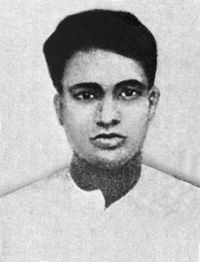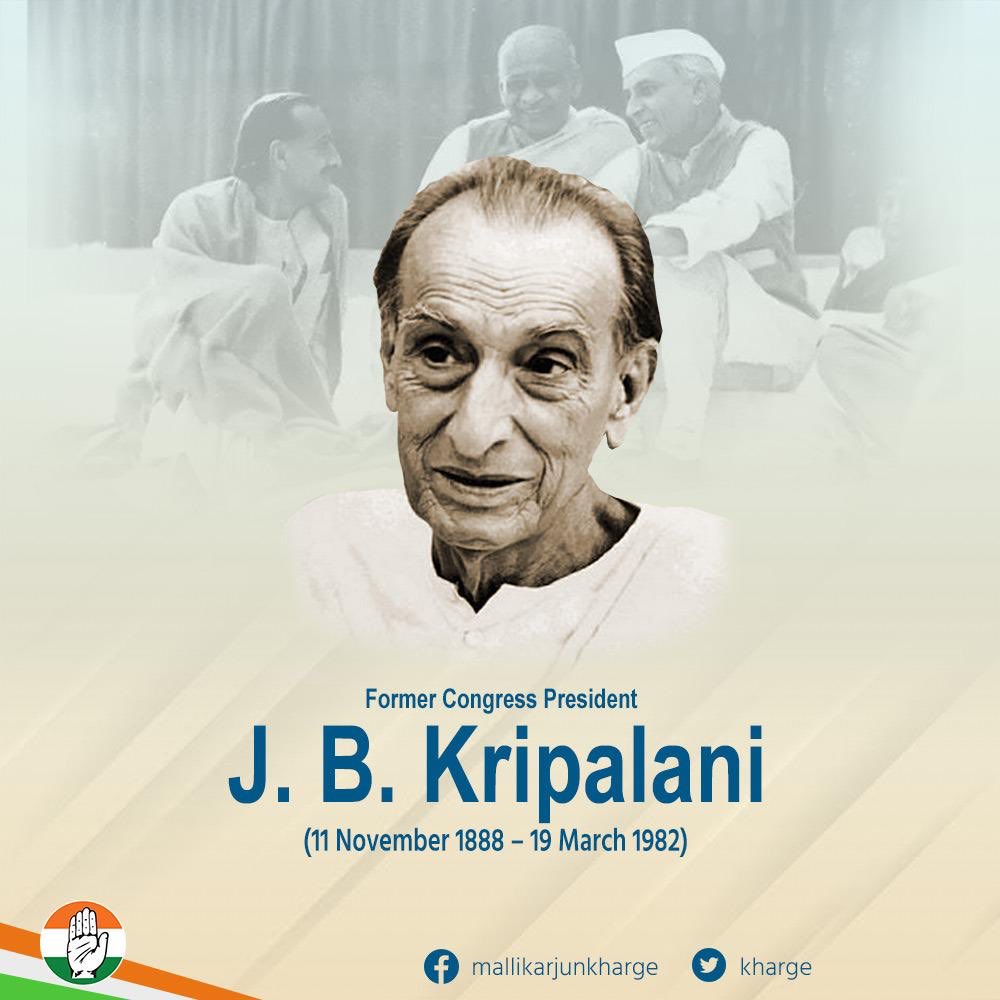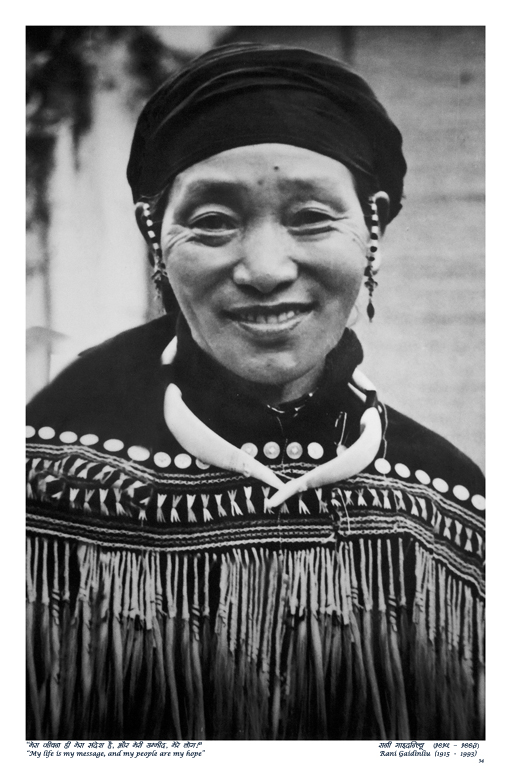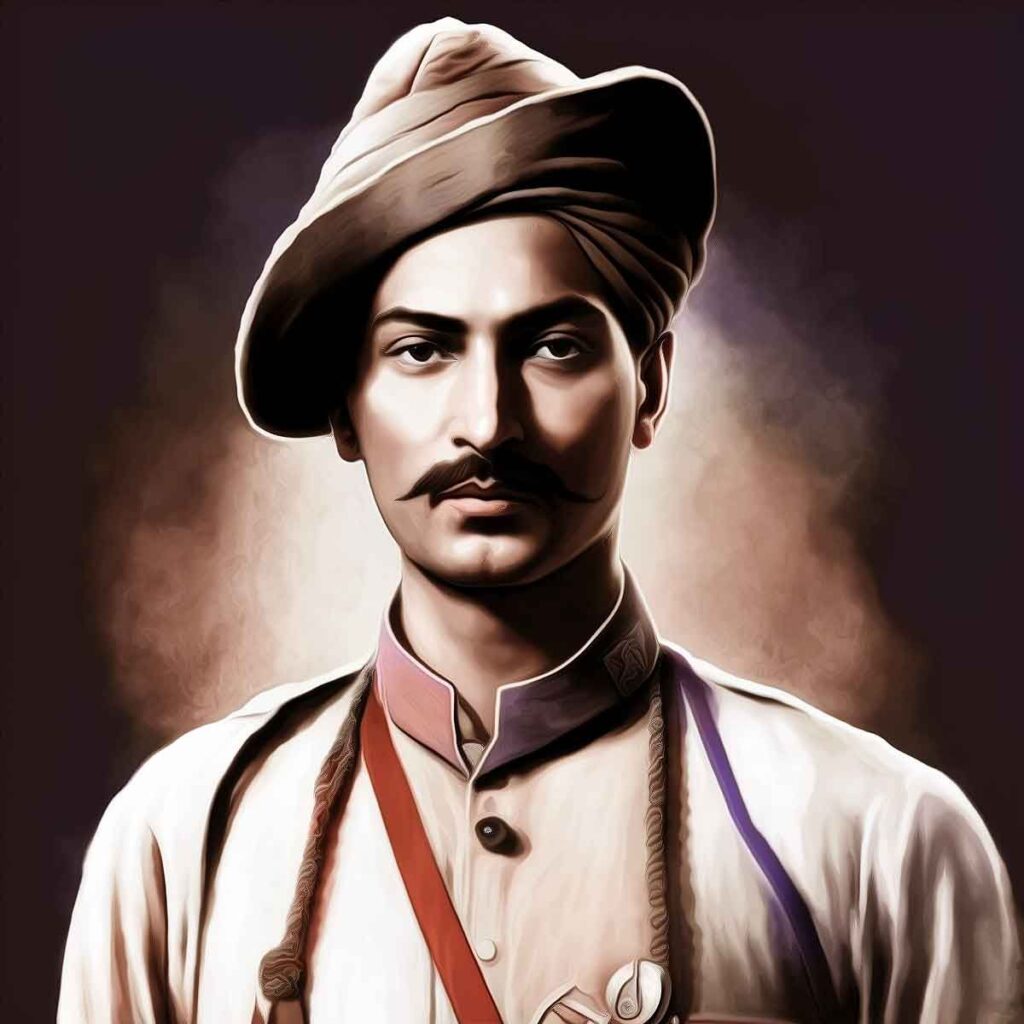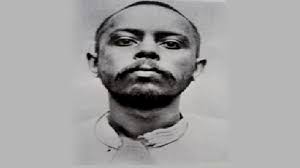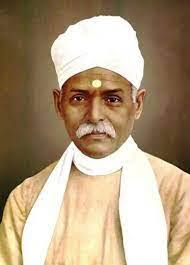Dinesh Chandra Gupta, a name etched in the annals of India’s struggle for independence, stands as a beacon of courage, sacrifice, and unwavering commitment to the cause of freedom. Born on December 6, 1911, in the town of Pabna in present-day Bangladesh, Gupta emerged as a revolutionary force in the tumultuous landscape of colonial India. His life journey, marked by defiance against tyranny and oppression, serves as an enduring testament to the indomitable spirit of those who dared to challenge the might of the British Empire.
Early Life and Education
Dinesh Chandra Gupta was born into a middle-class Bengali family with a strong tradition of cultural and intellectual pursuits. From a young age, he displayed a keen intellect and a thirst for knowledge that set him apart from his peers. Encouraged by his family to pursue education, Gupta excelled in his studies, demonstrating a particular aptitude for literature and history. His formative years were shaped by the prevailing currents of nationalism and the fervent desire for India’s liberation from British rule.
Awakening to Nationalism
The socio-political milieu of colonial India provided fertile ground for Gupta’s burgeoning nationalism. Influenced by the writings of nationalist leaders and thinkers, he became increasingly disillusioned with British colonialism and the injustices it inflicted upon the Indian people. Gupta’s awakening to the cause of nationalism was further catalyzed by the mass movements and protests sweeping across the country, as millions of Indians rallied behind the call for freedom and self-determination.
Entry into Revolutionary Activities
Dinesh Chandra Gupta’s entry into revolutionary activities was spurred by a deep-seated desire to challenge British hegemony and contribute to the struggle for independence. He was drawn to the ideals of socialism and Marxism, which offered a potent framework for analyzing and confronting the exploitation inherent in colonial rule. Gupta became associated with revolutionary organizations such as the Jugantar group, which played a pivotal role in mobilizing dissent against British imperialism in Bengal.
Role in Revolutionary Activities
As a member of the Jugantar group, Dinesh Chandra Gupta participated in a series of daring acts of resistance against British rule. He was involved in clandestine operations aimed at disrupting colonial administration, including the procurement of arms and ammunition, the dissemination of propaganda, and targeted assassinations of British officials. Gupta’s courage and dedication to the cause made him a formidable adversary in the eyes of the colonial authorities, who spared no effort to suppress the burgeoning revolutionary movement.
The Chittagong Armoury Raid
One of the most audacious acts of resistance orchestrated by Dinesh Chandra Gupta was the Chittagong Armoury Raid of 1930. Alongside revolutionary leaders such as Surya Sen, Ganesh Ghosh, and Lokenath Bal, Gupta played a key role in planning and executing the raid, which aimed to seize control of the armory in Chittagong and ignite a mass uprising against British rule. Despite facing overwhelming odds, Gupta and his comrades launched a daring assault on the armory, engaging in a fierce gun battle with British forces.
Though the raid ultimately ended in failure, with many of the revolutionaries losing their lives or being captured, it sent shockwaves throughout the British Empire and galvanized the Indian masses in their struggle for independence. Dinesh Chandra Gupta’s role in the Chittagong Armoury Raid earned him widespread acclaim and established him as a legendary figure in the annals of India’s freedom struggle.
Incarceration and Sacrifice
The failure of the Chittagong Armoury Raid led to a massive crackdown by the British colonial authorities, who launched a ruthless campaign to apprehend the perpetrators and suppress the revolutionary movement. Dinesh Chandra Gupta was eventually captured by the authorities and subjected to brutal interrogation and torture. Despite the unbearable pain and suffering inflicted upon him, Gupta remained steadfast in his commitment to the cause of independence, refusing to betray his comrades or divulge sensitive information.
On July 7, 1931, Dinesh Chandra Gupta was sentenced to death by hanging for his role in the Chittagong Armoury Raid. His execution sparked outrage and condemnation across India and the world, with many viewing him as a martyr for the cause of freedom. Gupta’s sacrifice served as a rallying cry for the Indian people, inspiring renewed resolve and determination in their struggle against colonial oppression.
Legacy and Commemoration
Though Dinesh Chandra Gupta’s life was cut short at the age of just 19, his legacy endures as a symbol of courage, sacrifice, and unwavering commitment to the cause of freedom. He is revered as a hero in India’s struggle for independence, his name enshrined in the pantheon of revolutionary martyrs who laid down their lives for the nation. Numerous memorials, streets, and institutions have been dedicated to honoring Gupta’s memory and preserving his legacy for future generations.
Dinesh Chandra Gupta’s life journey serves as a powerful reminder of the sacrifices made by countless unsung heroes in the struggle for independence. His unwavering commitment to the cause of freedom, his courage in the face of adversity, and his willingness to sacrifice everything for the greater good continue to inspire Indians across the country. As we commemorate his memory, let us reaffirm our commitment to the values of liberty, equality, and fraternity that he held dear, ensuring that his sacrifices are never forgotten.

